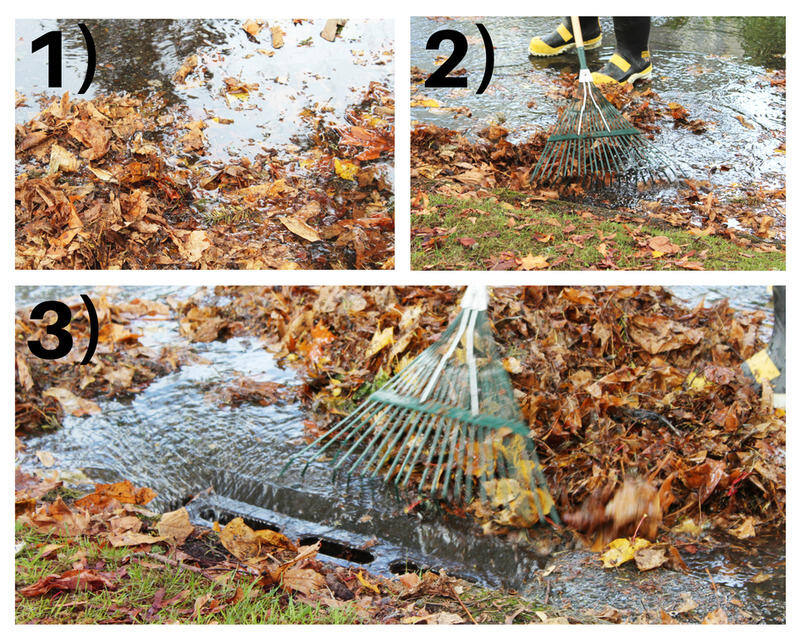
Seattle Public Utilities published this information:
This time of year, storm drains can easily become overwhelmed with fallen leaves and the summer’s accumulated street debris, causing backed up gutters and drains, and resulting in localized flooding.
In Seattle, there are about 80,000 storm drains—far more than city crews can clear quickly. This is where you can help! Please keep your local storm drain or drainage ditch clear of leaves and other debris.
Does your storm drain have a below-the-surface clog? To report non-urgent storm drain blockages go here. You can also report serious clogs and street flooding by calling SPU’s Operations Response Center (24/7) at 206-386-1800.
Go to Take Winter by Storm, a one-stop emergency preparedness center that includes safety tips and regional resources for information about the weather, power outages, flooding, shelters and assistance agencies.
Seattle Public Utilities is also looking for volunteers to join their Adopt-a-Drain program during Seattle’s peak leaf-falling season. During this time SPU provides residents and business owners with free cleanup supplies – rakes, bags, gloves, shovels, brooms and dustpans.
"Unfortunately, our full time drainage crews cannot keep up with the thousands of storm drains that need extra maintenance this time of year. That’s where you come in! Removing dirt, silt and debris from the top of the drain helps prevent flooding and diverts pollutants from streams, creeks and other natural waterways," the SPU website says.
Call 206-684-7647 to sign up and reserve your supplies or email adoptadrain@seattle.gov.
Here is information on the Adopt-a-Drain program:
Why should I adopt a drain?
- Prevent flooding in your neighborhood by keeping drains free of debris.
- Prevent pollutants from entering streams, creeks and Puget Sound, which protects fish and other wildlife.
- Help the city maintain our infrastructure, especially during fall months when rain increases and falling leaves block drains.
- If you adopt a drain, SPU may contact you to notify you of anticipated storms and flood events.
How to identify a drain
Though there are several types of storm drains, most drains are located in or next to the curb and have a metal grate to prevent people and debris from falling in. They can be rectangular or circular. Storm drains often will be stenciled with text such as:
- Dump No Waste. Drains to Stream, Lake or Bay.
- Only Rain Down the Drain. Puget Sound Starts Here.
Sanitary sewers, which usually have solid manhole covers, are NOT storm drains.
If a storm drain near your location is grayed out on the map, it could be:
- unavailable because it is not owned by SPU
- a storm drain that only SPU crews should maintain
Use our mapping tool to zoom in and add your drain by pointing to the approximate location on the map.
Safety guidelines
- Clear your drain only if it is safe. Clear only drains next to the curb. Clear from curbside, not out in the street. If the drain is still clogged after you’ve removed the surface debris, use our Drain Report Form or call our drainage problem hotline at (206) 386-1800 to report it.
- Watch out for traffic. Don’t clear drains that are in the middle of a street.
- Be careful of standing water to avoid slipping or stepping on sharp objects.
- If children are helping, make sure adults are supervising.
- Don’t try to lift storm drain grates. They are very heavy.
- Let our crews handle garbage or any hazards in the catch basin. Clear surface debris only.
No comments:
Post a Comment